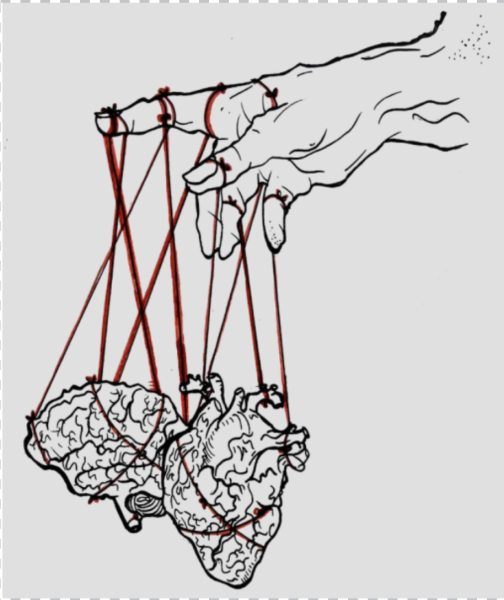Crying over the CommonApp
In the DP, the November of Year 13 is notorious for its immense workload. The culprit? College applications. Personal statements, extracurriculars, transcripts, standardised tests, the CommonApp – it never ends. But college is good, right? You can’t not apply to college. (Not exactly true, but that’s a subject for another time). Of course, college is a good idea. It’s a time for independence, academic excellence, lifelong friends, parties, all away from home. It almost sounds too good to be true. Maybe that’s because it is. According to the CDC, levels of anxiety and depression amongst 16 to 17-year-olds have skyrocketed in recent years. Likewise, college acceptance rates have decreased all over the world. The college race is more competitive than ever, and we are struggling.
There’s a common narrative that runs through our heads constantly. It’s been ingrained into our minds by parents and teachers. Good grades equal a good college equals a good job equals a good life. It makes sense at first glance, but the crux of the problem lies in the word ‘good’. What is a good college? Is it one with a high quality of education and standard of living, or is it one with a minute acceptance rate? The prestige of colleges that we apply to has overtaken the true purpose of college – furthering one’s education. Professor William Deresiewicz of Yale University attests to the negative effects of this. Those ‘taught to chase prestige are overwhelmingly struggling with stress, lack of purpose, and poor mental health’, he says. So why is it that we put our students’ well-being at risk just because of an acceptance rate and a name? Surely it is better for students to be happy and receive quality education than to be stuck at Harvard University just for the sake of it.
It all lies in the way we characterize college. College has now become more of a status symbol than ever. Getting into a ‘good’ college automatically means that you’re a smart, accomplished student who comes from a ‘good’ family. There’s no mention of the thousands of dollars of college counseling, test prep, or exorbitant tuition fees. With the infamous college admissions scandal of 2019, where parents paid over 25 million dollars to get their kids into elite institutions, it’s clear that society values university acceptance over almost anything else. The message sent to kids is extremely problematic. It tells them that it’s fine to work themselves to the bone, as long as they get in. This robs students of their teenage years – university applications completely overwhelm all other aspects of normal life. And it’s not just their futures they’re deciding – it’s the reputation of their school and family. It is seen as a success for the entire family if they manage to get their child into one of these institutions. The pressure is immense, and the impact on mental health is undeniable. It would be difficult to say, however, that parents are not concerned about the implications of this pressure. No parent genuinely wants their kids to be unhappy. They just want their kids to get into a good college. As professor Deresiewicz puts it, ‘They [parents] want their kid to be happy, but they also want them to get into Harvard, and they think they can do both. Very few kids can do both.’
Ultimately, the approach to college should be about education and enjoyment. College is a life experience as much as it is an educational experience. The college one eventually goes to should be one that can provide room for growth, friendship, learning, and happiness. And absolutely, it can be an elite institution. The point is, it doesn’t have to be. The ‘prize’ that comes with college is not acceptance – it’s the learning experience that the institution can provide. Whether it’s a community college or an Ivy League, as long as it offers the environment that you need, it’s a good college.

Hi! My name is Sharanya and I'm 17 years old. I enjoy expressing my (strong) opinions through op-eds. I am passionate about debating, poetry, and injustice....

I’m a 16 year old student in ISL. I've been in ISL for 8 years. I work on the illustrations for articles (specifically the horoscopes column) and a podcast,...



